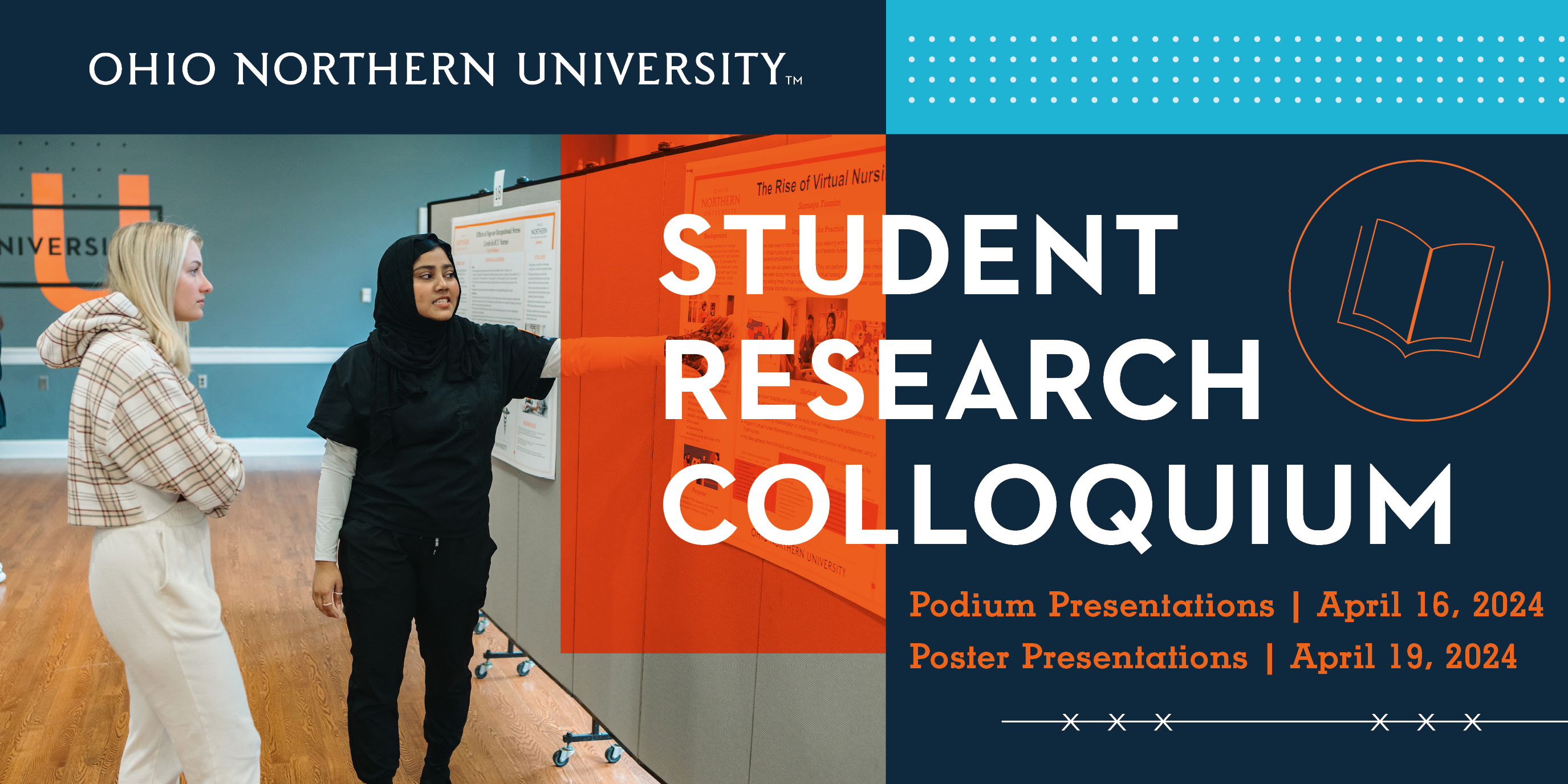Demographic Disparities in Cancer Awareness Among College-Aged People
Honors Capstone Project
1
Advisor(s)
Dr. Kristin Sobota
Confirmation
1
Document Type
Paper
Location
McIntosh Activities Room
Start Date
16-4-2024 2:15 PM
End Date
16-4-2024 5:00 PM
Abstract
According to the American Cancer Society, roughly two million people in the US were diagnosed with cancer in 2023, making it the leading cause of death amongst people under 85. Research has proven that early detection and preventative medicine, such as mammograms, colonoscopies, skin scope exams, and pap tests, are the most effective way to decrease mortality related to cancer. However, recent studies have shown that Americans are unaware of when or how frequently to screen for cancer, or how certain screenings relate to cancer at all. The purpose of this study is to 1) gauge the overall awareness of cancer, its prevention, and early detection strategies the ONU student body is and 2) to determine whether certain demographic differences exist amongst ONU students that cause discrepancies in cancer awareness. This study was conducted through an online survey emailed to the student body and was IRB approved by the institution. The students were surveyed from February 23 through March 8, 2024 using questions similar to Cancer Research UK’s Cancer Awareness Measure (CAM). Demographic data related to age, gender, race, ethnicity, region of origin, and the college the student belongs to were collected; the student was then asked 13 questions about their knowledge of cancer’s signs and symptoms and how common it is in different groups. Faculty and staff were excluded from the study.
Recommended Citation
Reeder, Katie, "Demographic Disparities in Cancer Awareness Among College-Aged People" (2024). ONU Student Research Colloquium. 31.
https://digitalcommons.onu.edu/student_research_colloquium/2024/papers/31
Level of Access
Restricted to ONU Community
Restricted
Available to ONU community via local IP address and ONU login.
Demographic Disparities in Cancer Awareness Among College-Aged People
McIntosh Activities Room
According to the American Cancer Society, roughly two million people in the US were diagnosed with cancer in 2023, making it the leading cause of death amongst people under 85. Research has proven that early detection and preventative medicine, such as mammograms, colonoscopies, skin scope exams, and pap tests, are the most effective way to decrease mortality related to cancer. However, recent studies have shown that Americans are unaware of when or how frequently to screen for cancer, or how certain screenings relate to cancer at all. The purpose of this study is to 1) gauge the overall awareness of cancer, its prevention, and early detection strategies the ONU student body is and 2) to determine whether certain demographic differences exist amongst ONU students that cause discrepancies in cancer awareness. This study was conducted through an online survey emailed to the student body and was IRB approved by the institution. The students were surveyed from February 23 through March 8, 2024 using questions similar to Cancer Research UK’s Cancer Awareness Measure (CAM). Demographic data related to age, gender, race, ethnicity, region of origin, and the college the student belongs to were collected; the student was then asked 13 questions about their knowledge of cancer’s signs and symptoms and how common it is in different groups. Faculty and staff were excluded from the study.

